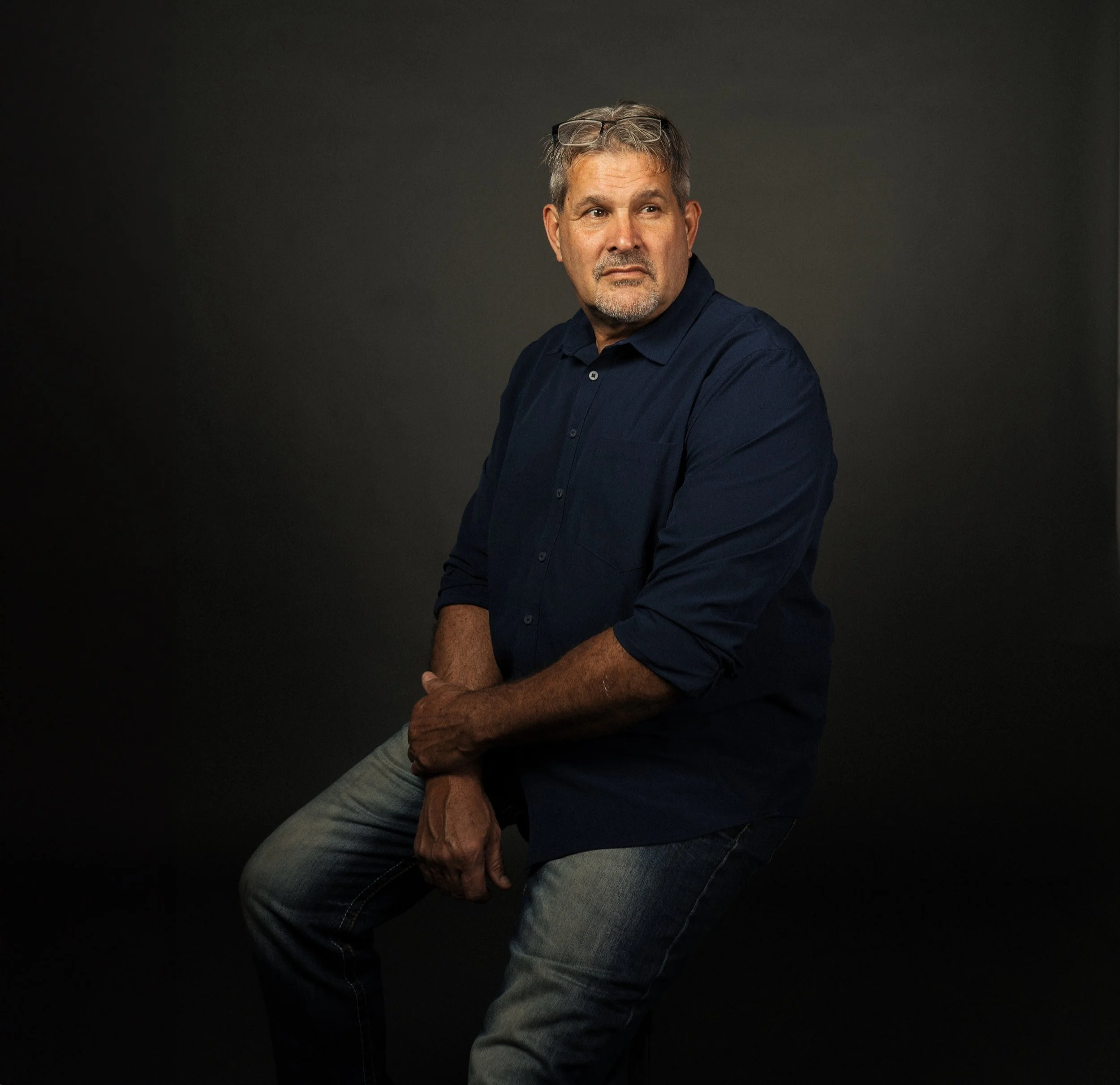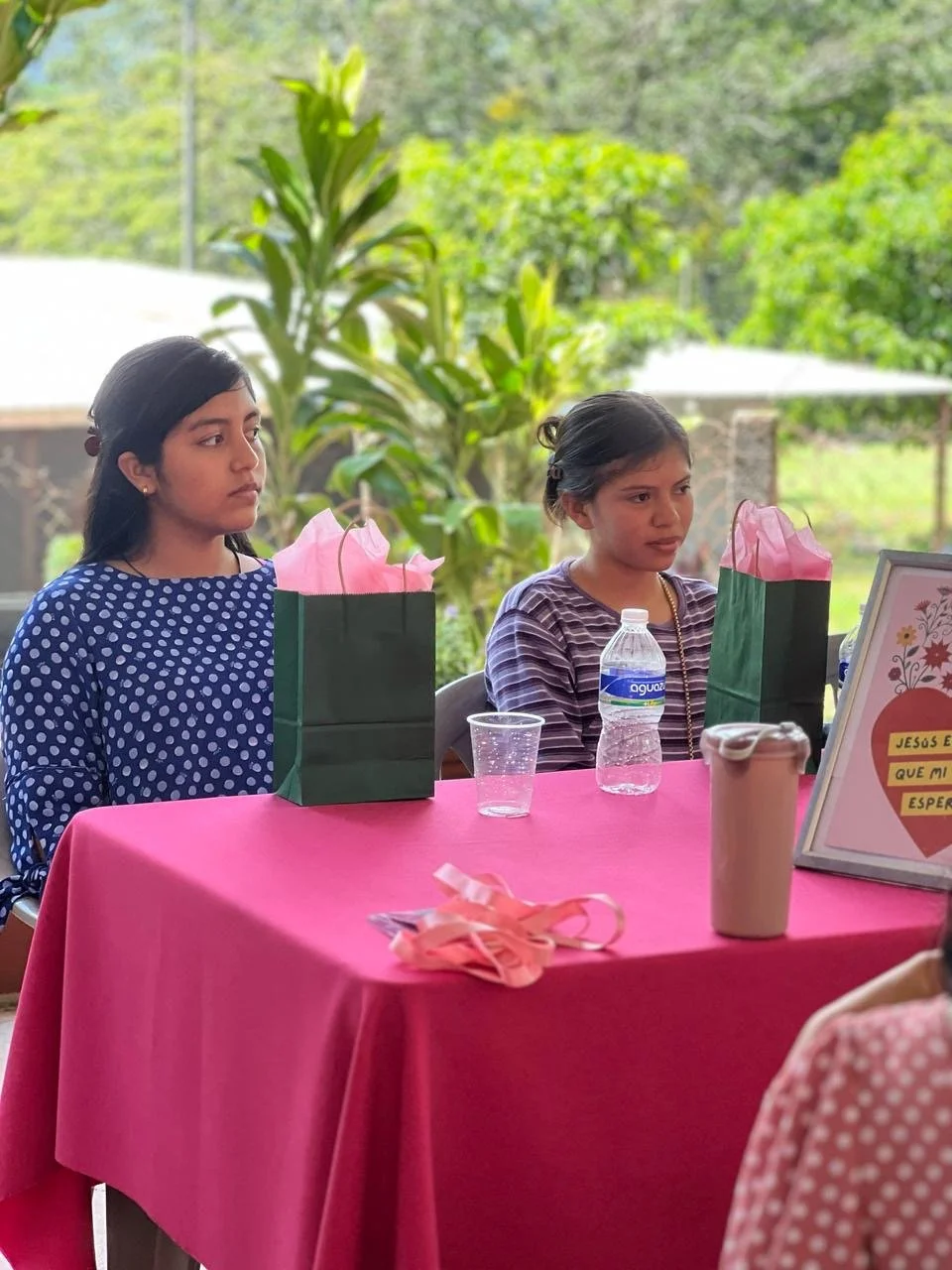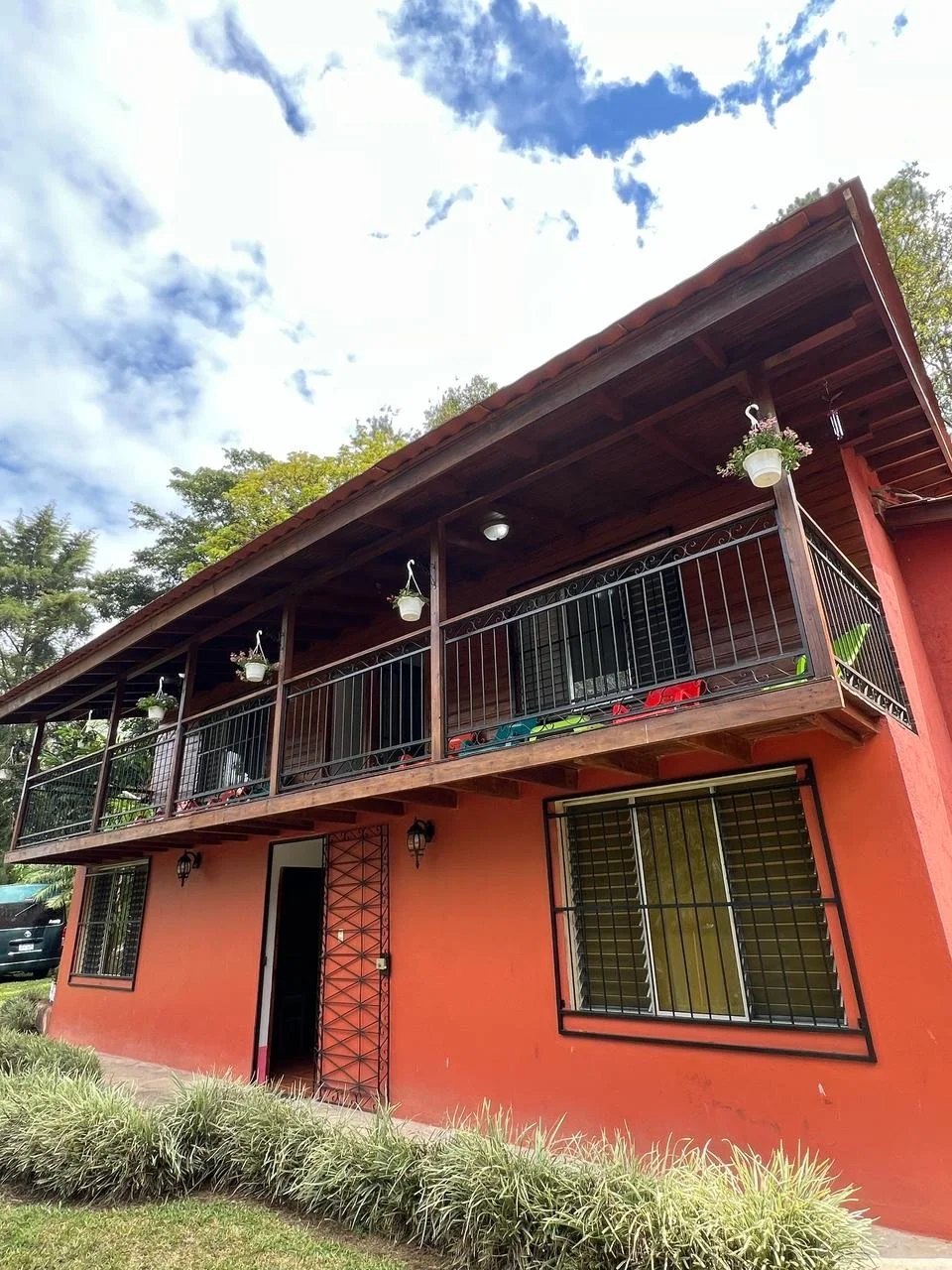Building a House of Hope:
The Story of One Couple’s Mission to Bring Light to the Darkness of Human Trafficking in Honduras
PORTRAIT BY JORDAN RANDALL AND PHOTOS PROVIDED BY RANDY HERRING | DEVELOPED IN PARTNERSHIP WITH FREEDOM HOUSE
The women in Honduras—they have nobody to stand up for them.”
That assertion from Randy Herring is not hyperbole. It is the fuel that drives him each day to find solutions to get victims of sex trafficking in Honduras off the streets and into a safe place where they can find healing, experience the love of Christ and take steps toward reclaiming their identity.
The 59-year-old Lakelander, who originally moved his family to Lakeland in 1993 to pursue a degree in missions from Southeastern University, recalls the story behind the founding of Freedom House Honduras.
In 2010, Randy and his family were living in Honduras. He and his son were driving to the airport one night in San Pedro Sula. At a red light, they were approached by three girls. In talking with the girls, Randy learned they were 13 and 14 years old. He asked them why they were on the streets so late at night instead of at home. Their answers were the same, there wasn’t any room—the space in the house was for younger siblings. The girls were expected to work and bring back food, but the street was their home.
Once the light turned green, he continued to the airport, but he couldn’t escape the contrast of these young girls trying to survive while his 14-year-old daughter was home sleeping, not only in a warm bed, but in a house full of love, clothing and food.
“What can I do to give them hope, to get them out of despair and misery?” he recalls saying to himself.
This challenging question started a journey.
“We would go into the ‘highways and byways,’ just like the Bible says…and we would invite prostituted girls—we don’t say prostitutes because no one is born a prostitute—and we would invite them to a banquet...”
The U.S. Department of State rates Honduras, home to nearly 11 million people, a Tier 2 country for the government’s ability to combat human trafficking. This indicates the Honduran government is making significant efforts to eliminate trafficking but does not fully meet minimum standards. In cities like Tegucigalpa, the capital, and San Pedro Sula, informal settlements and overcrowded areas are hot-spots for exploitation and sex trafficking. In addition, it is widely believed that 30 percent of women in Honduras experience sexual violence in their lifetime.
For Randy and his family, God’s love and forgiveness is the catalyst for everything they do. Initially, the Herrings invited girls from the surrounding towns to a church service where they provided them with meals, toiletries and other small gifts.
“We would go into the ‘highways and byways,’ just like the Bible says…and we would invite prostituted girls—we don’t say prostitutes because no one is born a prostitute—and we would invite them to a banquet...”
The purpose was to tell the girls how special they were to them and to God.
“I saw the girls and women lifting their hands in worship and singing all the songs. I asked one of the women, ‘You know these songs?’” Herring says. “She replied, ‘Oh yeah, we go to church as often as we can because we know we’re bad because we do bad things, but hopefully God will forgive us.’”
These meetings were a catalyst to start Freedom House Honduras, a converted hotel that can house up to 15 women at a time. It includes a cooking area, butterfly gardens and a patio with a cabana—with expansion plans that dwarf what currently exists so the ministry can serve more women in the near future.
The success of Kids’ Ark International, a youth camp founded by Randy and his wife, Kandie, in 2002, played a pivotal role in the creation of Freedom House Honduras. Located in Peña Blanca, Honduras, Kids’ Ark provides local underprivileged children with a chance to experience a day camp, which offers food, clothing, toys, and biblical teachings. Over the years, the camp has served nearly 500,000 children, and the support from volunteers and local churches helped establish a foundation of resources that made Freedom House possible.
Through the camp’s outreach, Randy and his team saw firsthand the needs of vulnerable children and families. This experience, combined with the unwavering commitment to serve the most at-risk individuals, was part of the vision for Freedom House: to offer a safe haven for women caught in the cycle of human trafficking.
Through Freedom House, Herring and his team are determined to help women break free from situations they have been lured into with the expectations of receiving a real job, like working at a restaurant, or women who have been told the lie that the only way to take care of their family that has been torn apart by migration or violence is by perpetually submitting themselves to sexual exploitation.
Certified psychologists and counselors help victims navigate their trauma at Freedom House in a holistic manner that allows for personal development, spiritual growth and physical healing.
As Herring says, defining success at Freedom House can be challenging, because even if you’ve sat with a victim, it’s difficult to truly understand the reality of their situation.
“[Success is] when we see a girl coming out of her misery and she starts talking again, she starts smiling…even if it takes two months. She starts enjoying her food, gaining weight; you can see she’s fixing her hair, and she wants to talk about her life again,” he says.
Currently, the need for these types of services far outweighs what Freedom House can offer. Herring said it’s normal to receive 30-40 requests per week for the home. His goal is to expand the facility to 50 beds and build a vocational training center where residents can learn a trade and become self-sustaining when they re-integrate themselves into society.
The cost to serve a woman at Freedom House is approximately $550 per month, a modest cost to provide the opportunity for a woman to be rescued out of trafficking or abuse and have the opportunity to one day start anew with the tools and spiritual foundation needed to overcome their past.
“‘[Success is] when we see a girl coming out of her misery and she starts talking again, she starts smiling…even if it takes two months. She starts enjoying her food, gaining weight; you can see she’s fixing her hair and she wants to talk about her life again,’ he says.”
The work being done at Freedom House is not just about offering refuge to women—it’s about restoring dignity, offering hope, and empowering them to reclaim their lives. For every woman rescued from the streets of Honduras, a new chapter begins, where healing is possible and a brighter future awaits. But the need continues to grow and without support many women remain trapped in despair.
Randy Herring and his team have shown that with love, faith and dedication, even the most broken lives can be mended. However, they cannot do it alone. Every donation, every prayer and every act of support plays a vital role in helping these women break free from the chains of trafficking and find their way back to a life of purpose and freedom.
Since his family moved back to Lakeland in 2010, Randy makes monthly trips to Honduras to continue this mission. While in the States, he enjoys speaking to churches, community groups and individuals about the opportunity to partner with Freedom House to increase the organization’s impact. He is willing to meet one on one with anyone who might be interested in partnering with the ministry in any way.
“You have the opportunity to be a part of this life-changing work of standing for freedom and creating a lasting, eternal impact,” Herring says. “It not only changes the lives of women in Honduras, but it will bless you
as well.”
Together, individuals, churches and organizations can offer women hope, healing and a chance for a new beginning—a freedom everyone deserves the opportunity to experience.





